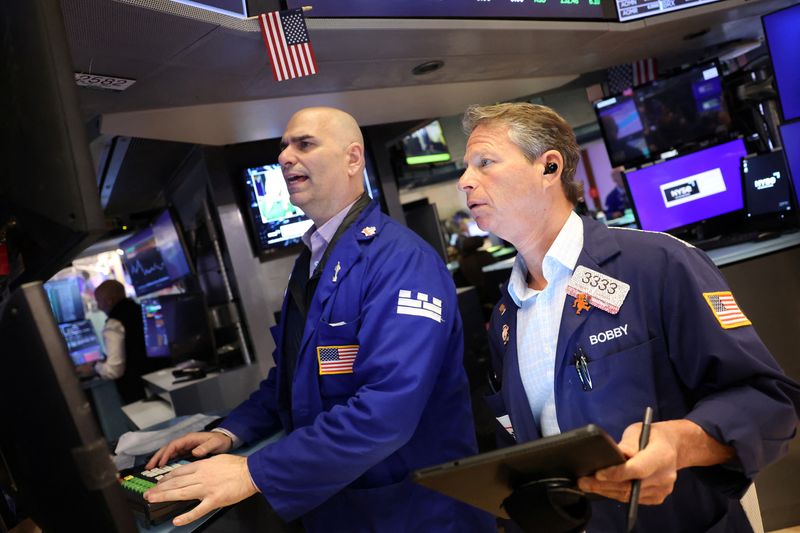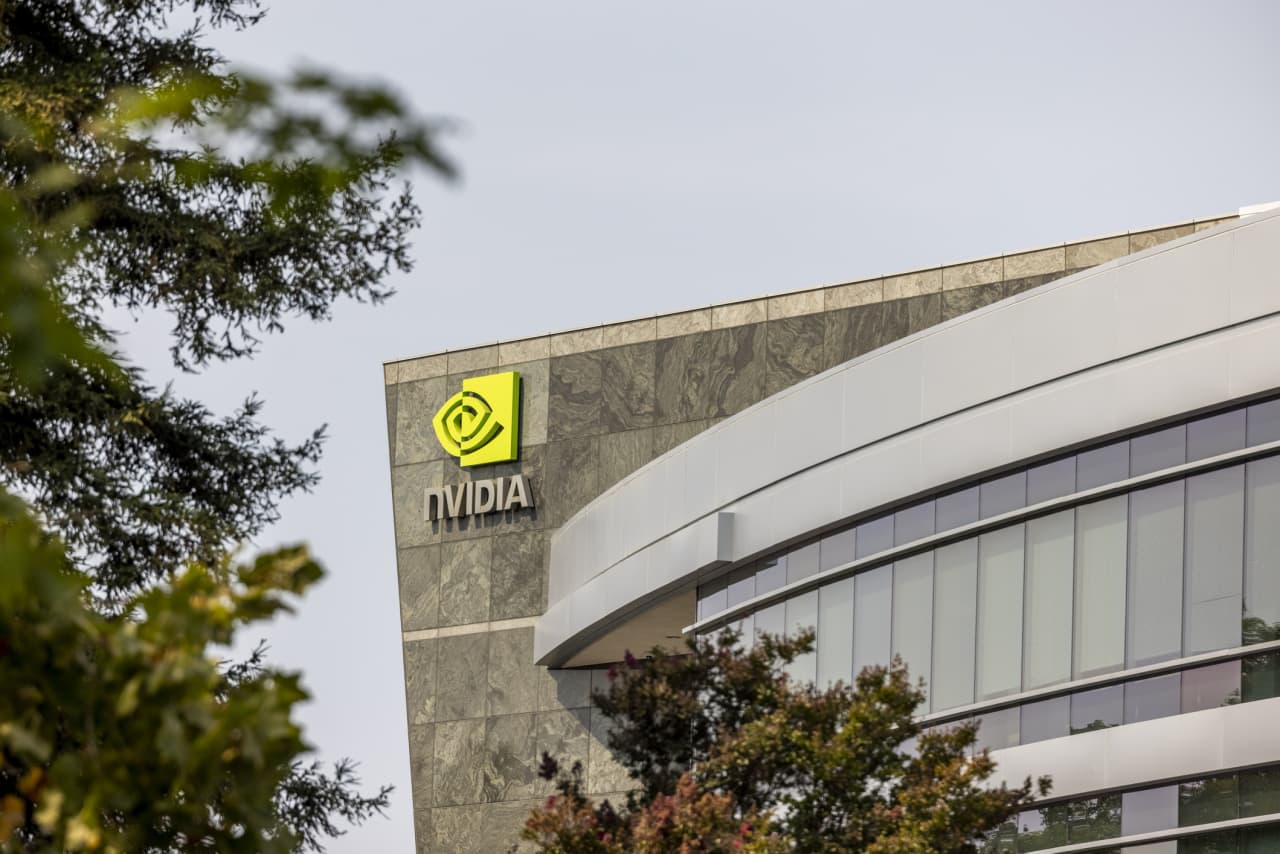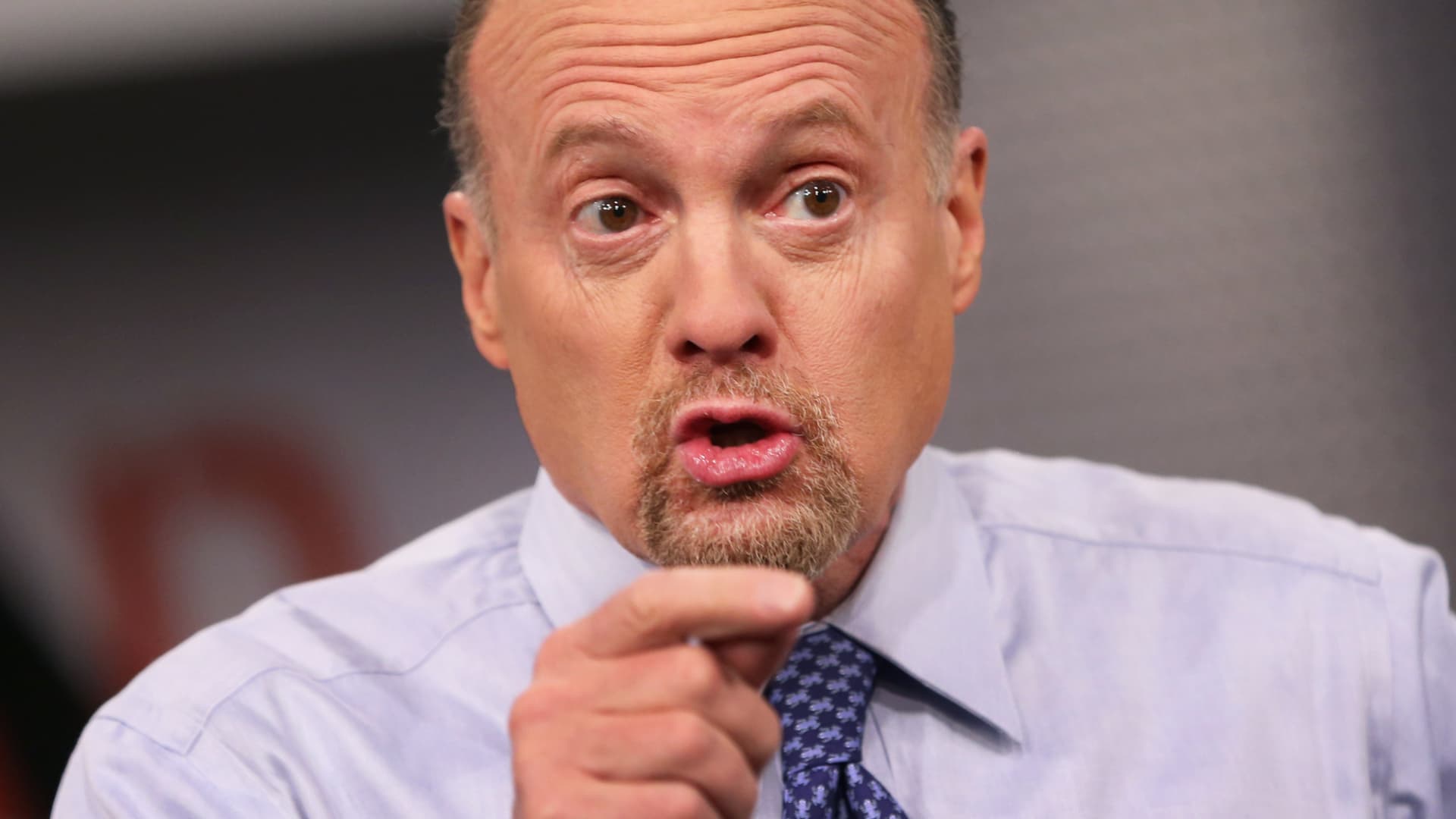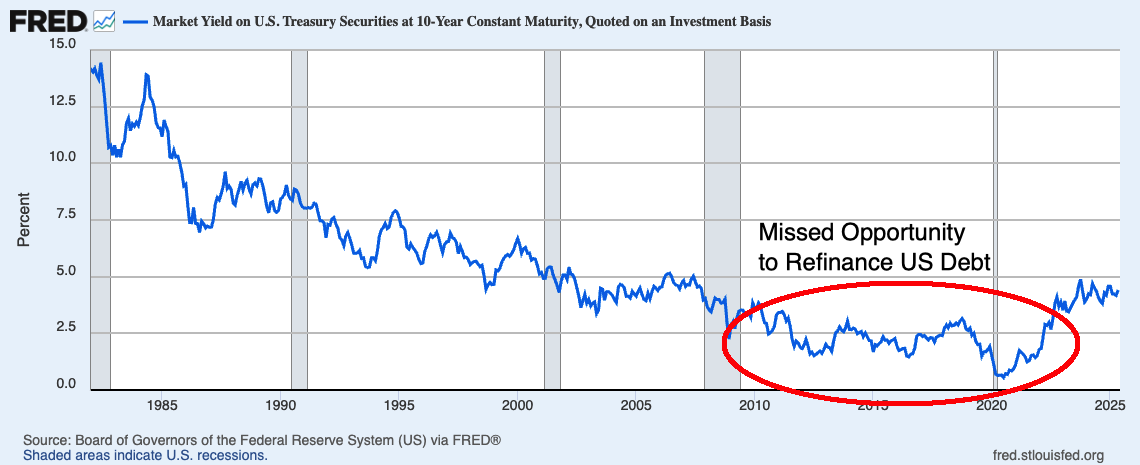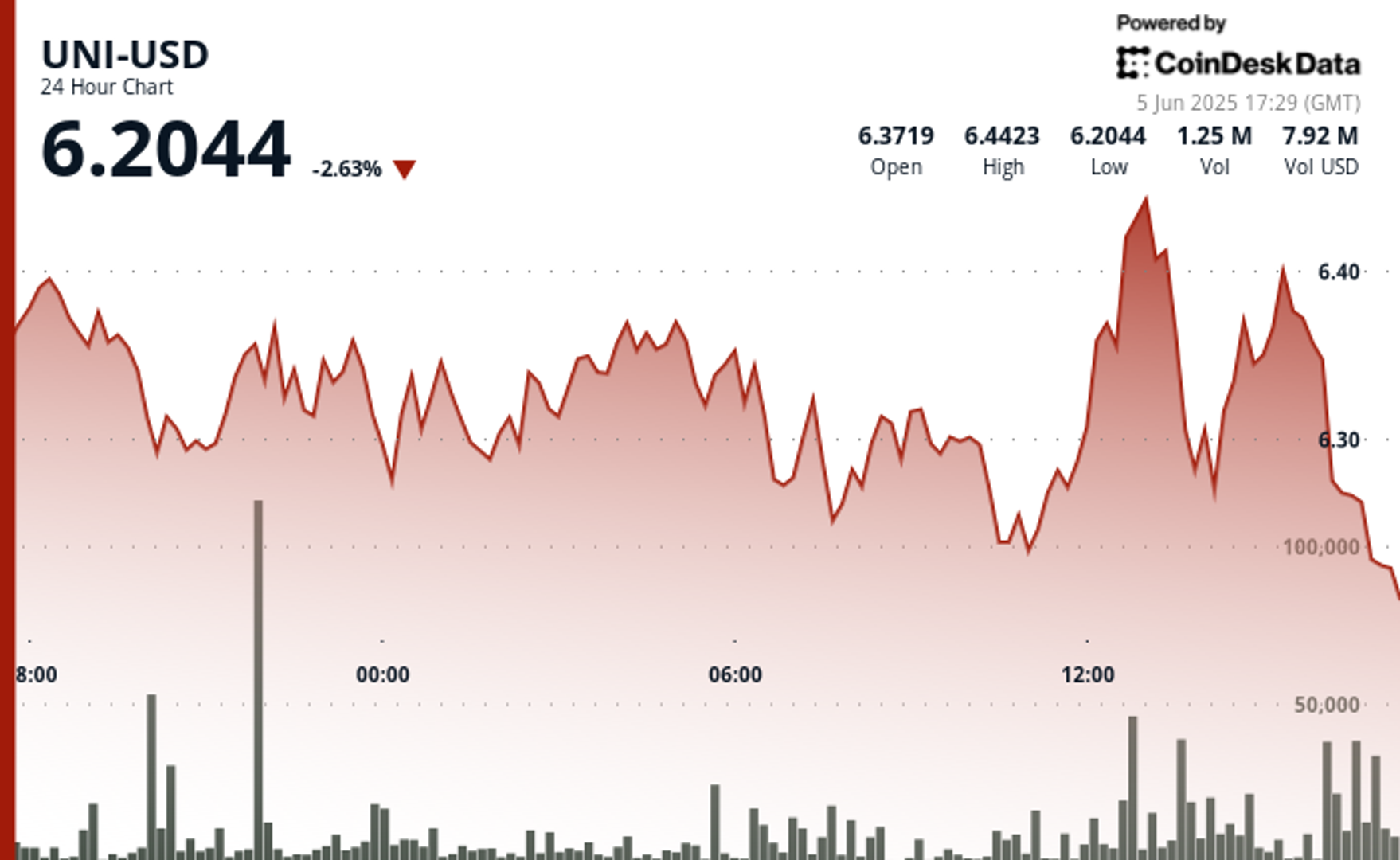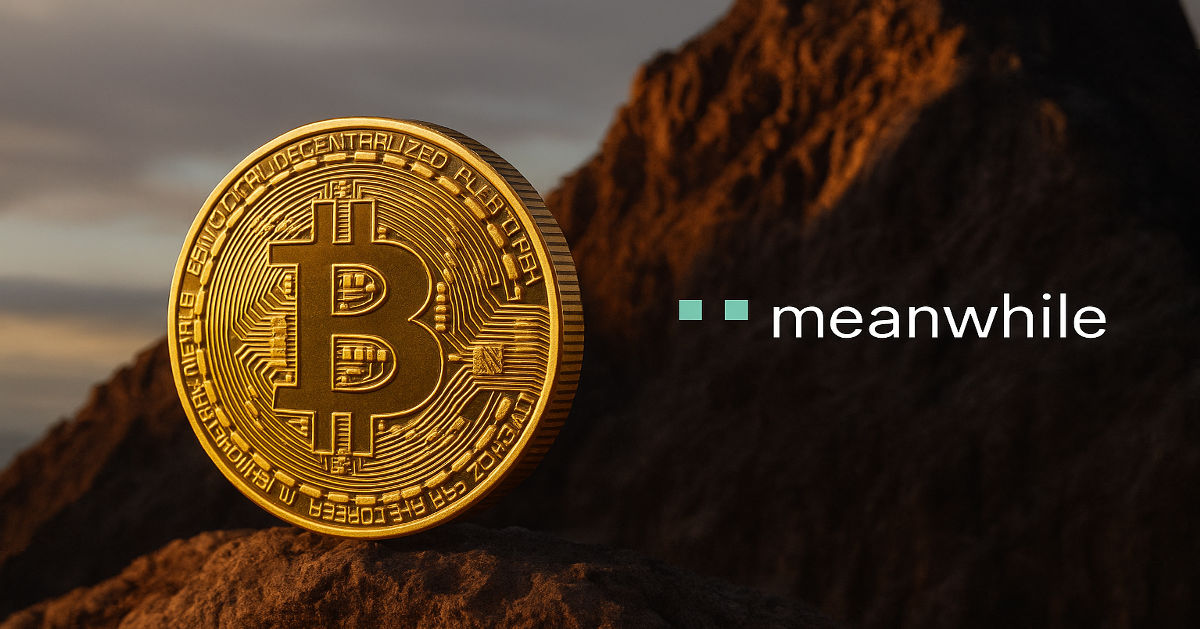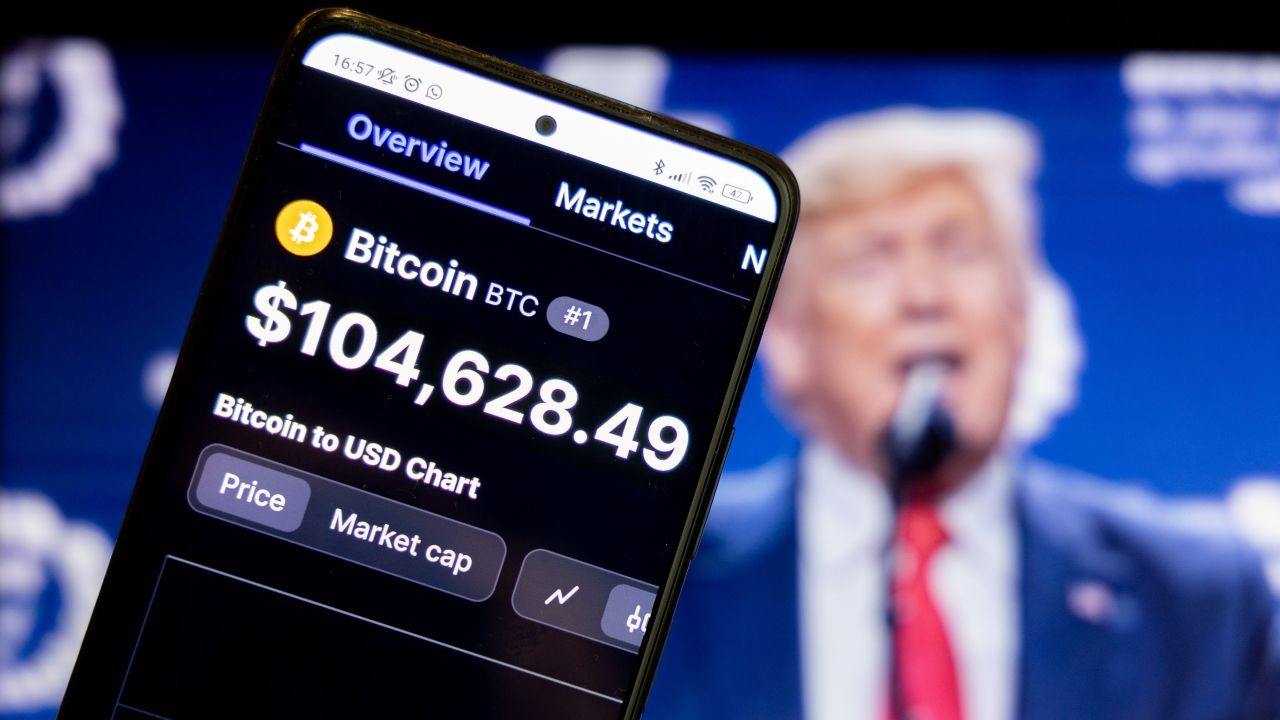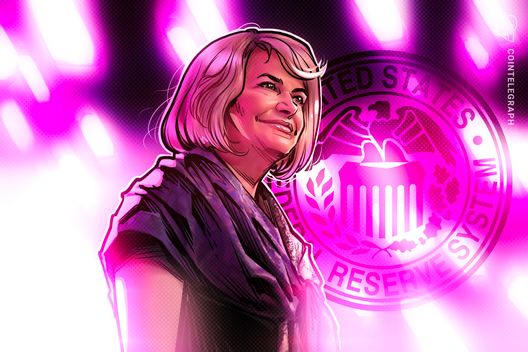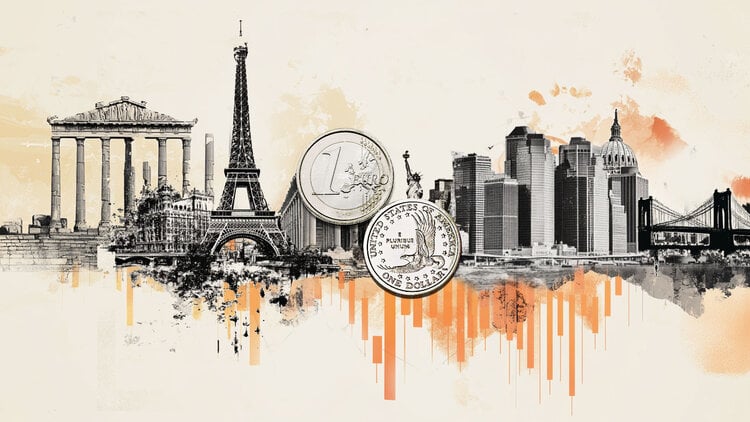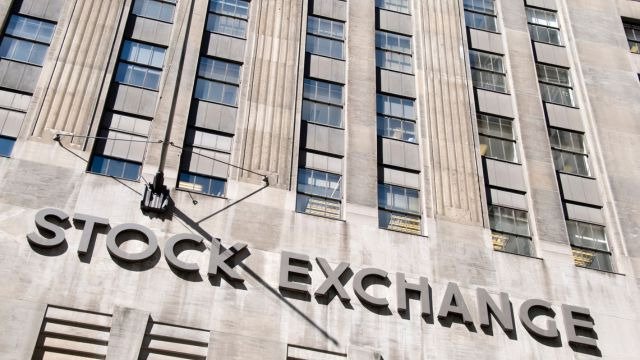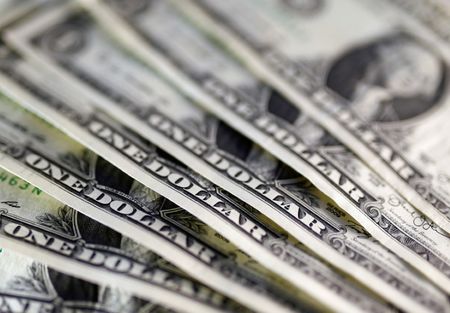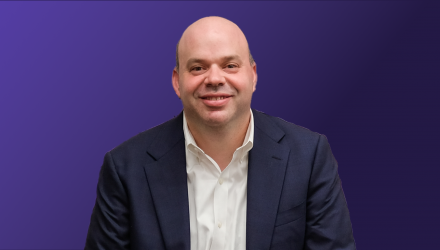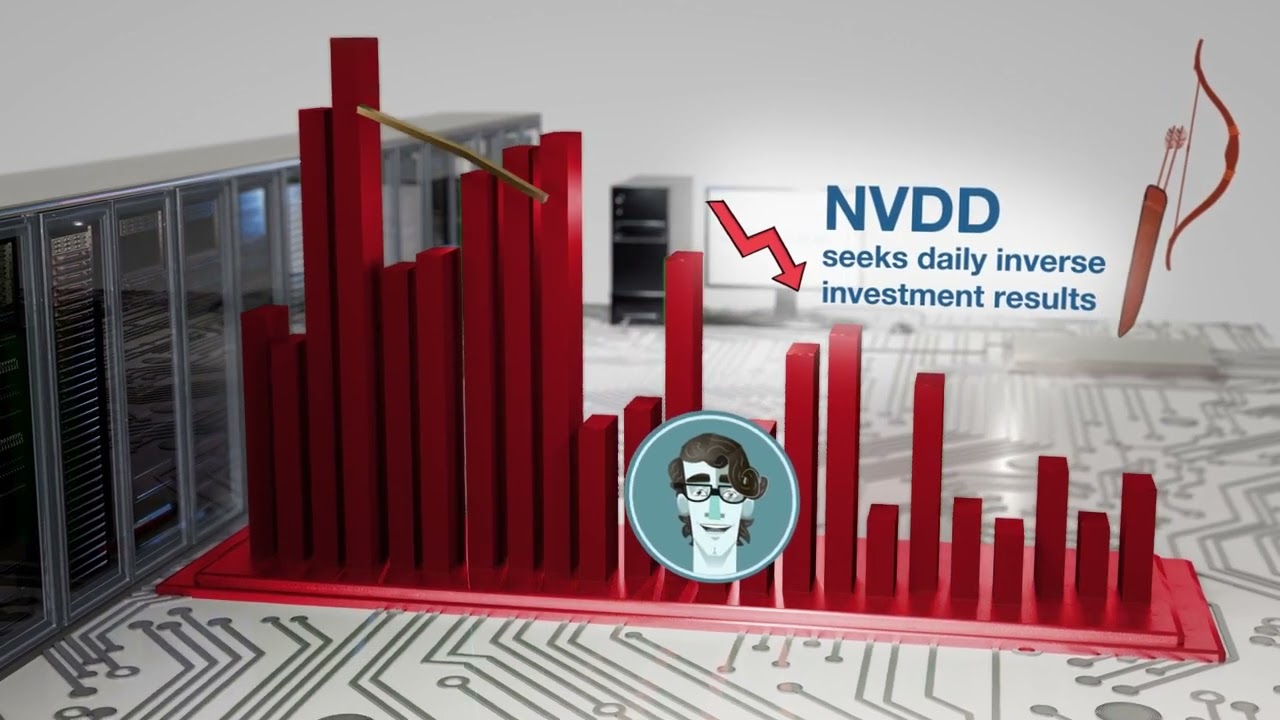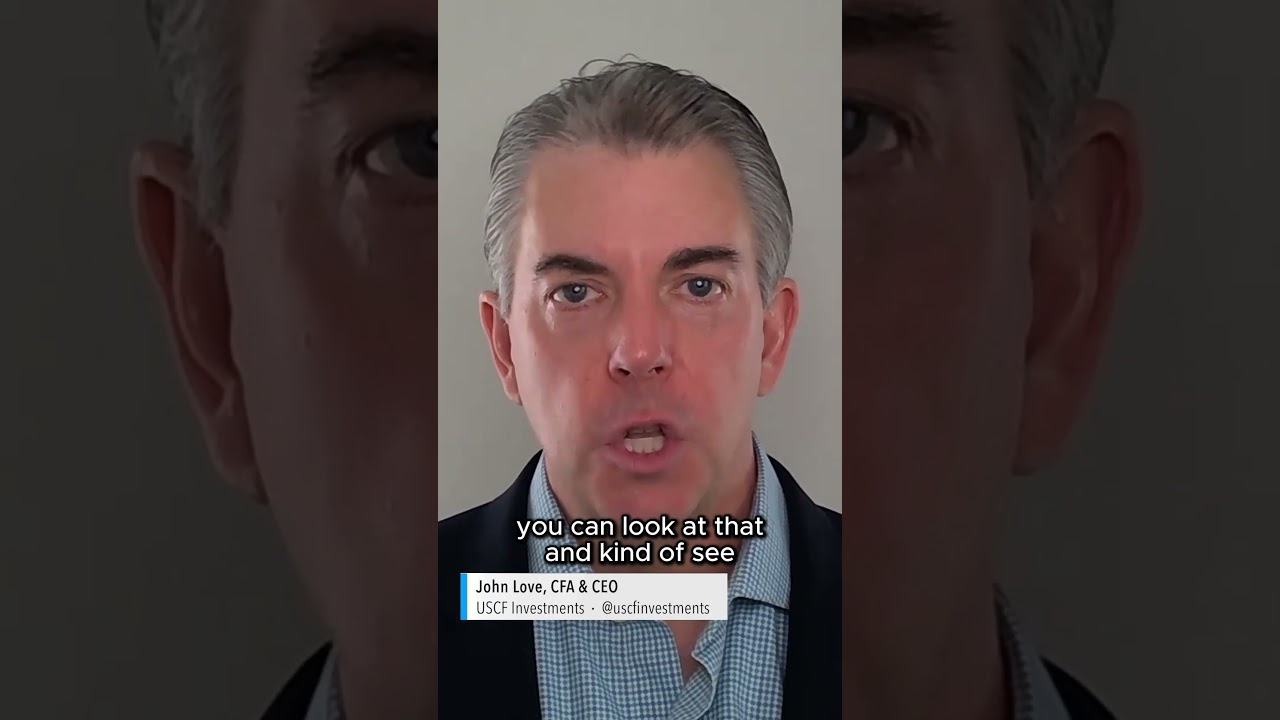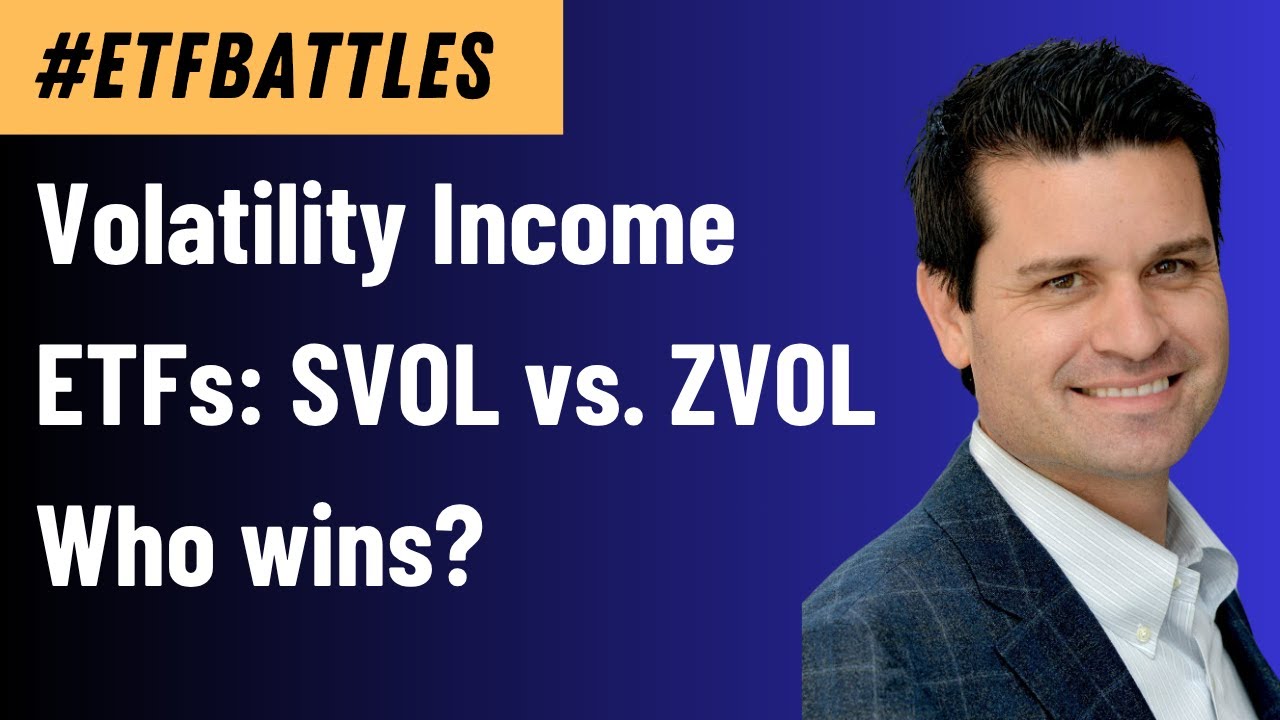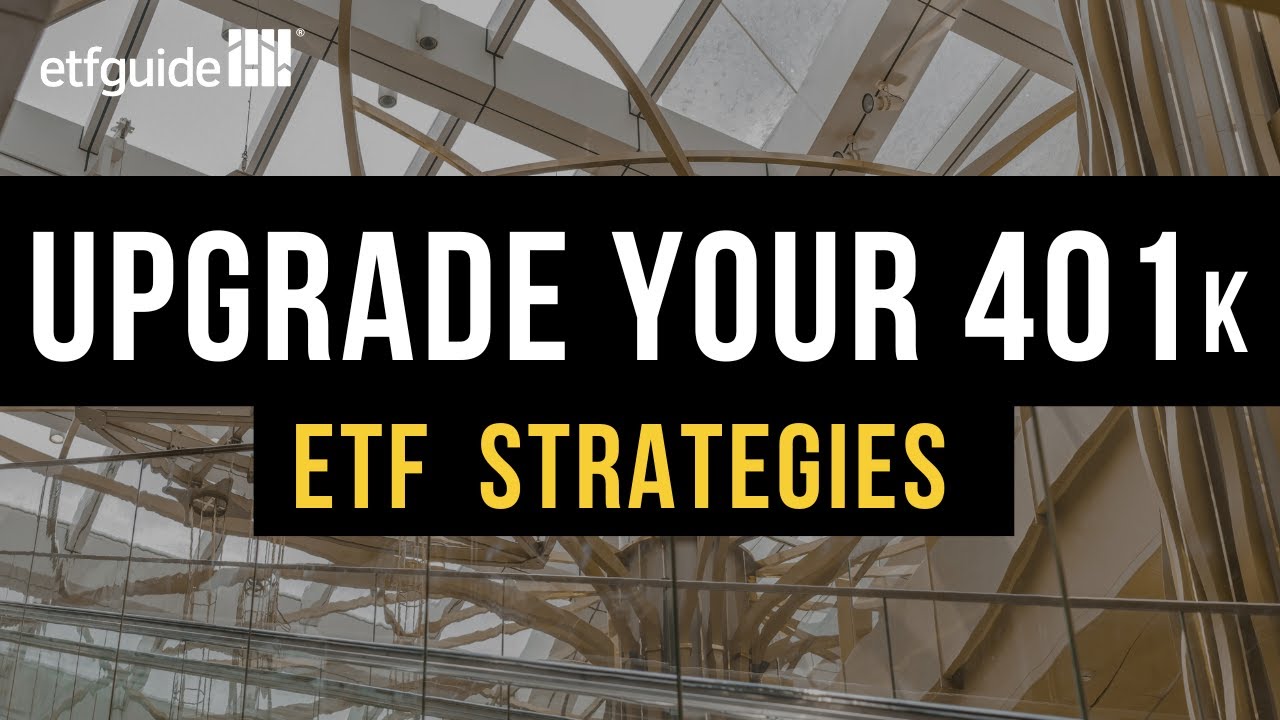I’m 28 and Wondering If I Went Too Heavy on Dividends Too Early – Seeking Portfolio Advice
It’s good to receive advice for your portfolio, but you’re ultimately the one who makes the decisions. A 28-year-old recently asked for some suggestions about his portfolio and wondered if the portfolio has too many dividend stocks. Typically, younger people should put more of their money into growth stocks and gradually de-risk their portfolios as […] The post I’m 28 and Wondering If I Went Too Heavy on Dividends Too Early – Seeking Portfolio Advice appeared first on 24/7 Wall St..

It’s good to receive advice for your portfolio, but you’re ultimately the one who makes the decisions. A 28-year-old recently asked for some suggestions about his portfolio and wondered if the portfolio has too many dividend stocks. Typically, younger people should put more of their money into growth stocks and gradually de-risk their portfolios as they get older.
Here’s what the 28-year-old’s $194k portfolio looks like
- Vanguard S&P 500 ETF (NYSEARCA:VOO): $77.9k
- Schwab U.S. Dividend Equity ETF (NYSEARCA:SCHD): $50.0k
- Altria Group (NYSE:MO): $19.7k
- Reality Income (NYSE:O): $19.3k
- Vanguard Total Stock Market Index Fund ETF (NYSEARCA:VTI): $12.5k
- Vanguard Growth Index Fund ETF (NYSEARCA:VUG): $11.0k
These are some ideas for the 28-year-old.
Key Points
-
A 28-year-old with a $194k portfolio wonders if it makes sense to put a lot of money into dividend stocks.
-
Diversifying into growth ETFs may come with more risk, but it has historically generated higher returns.
-
Are you ahead, or behind on retirement? SmartAsset’s free tool can match you with a financial advisor in minutes to help you answer that today. Each advisor has been carefully vetted, and must act in your best interests. Don’t waste another minute; get started by clicking here.(Sponsor)
You Can Withstand Market Corrections
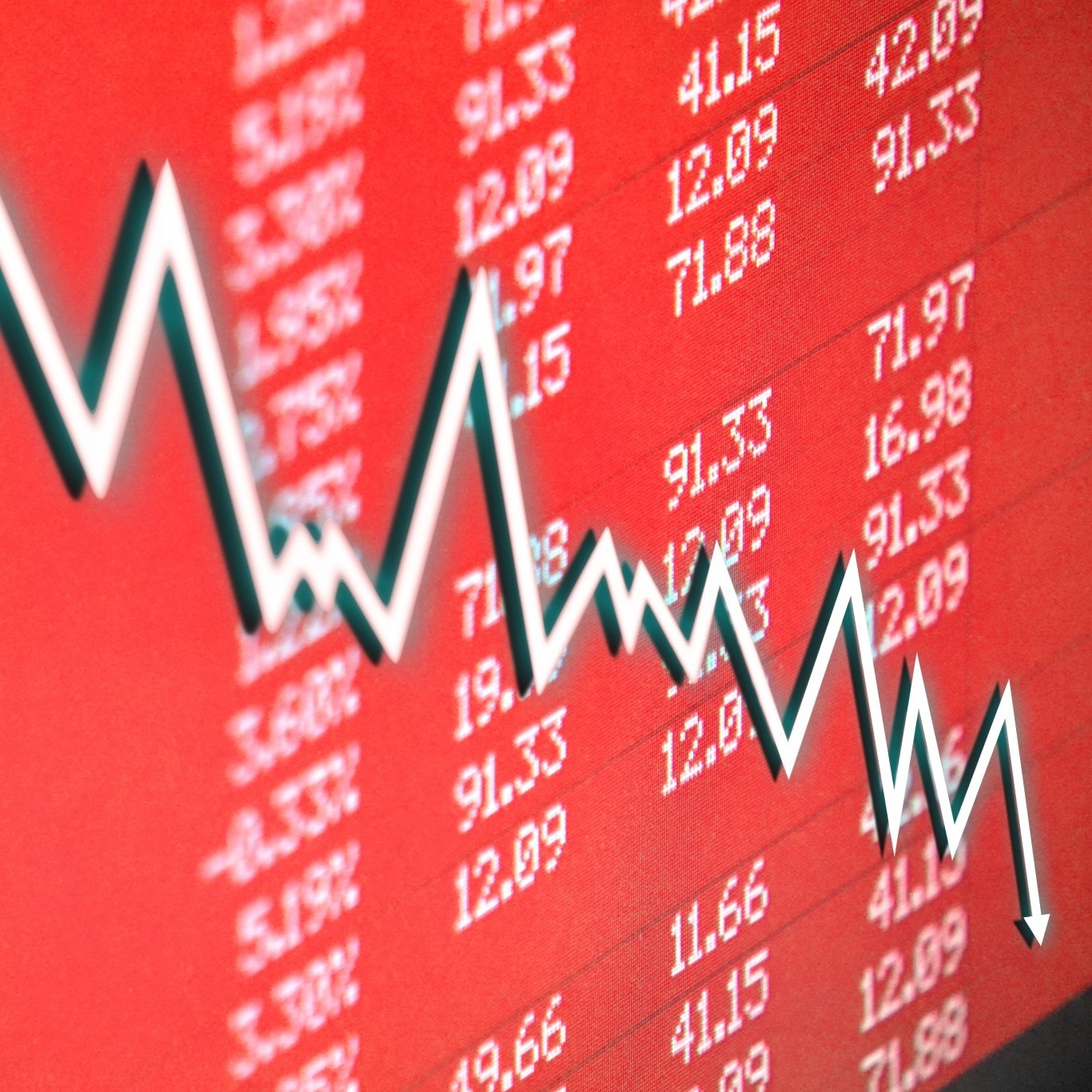
Older people put their money into blue-chip dividend stocks because they don’t have as much time to withstand market corrections. Retirees in their 70s need stability, while younger people in their 20s don’t have to touch the money for decades.
It’s better to maximize growth when you are younger than to put the money into stable dividend stocks. For instance, Reality Income has only been up by 11% over the past five years. The company’s high yield has led to more gains than advertised on the company’s stock chart, but dividend income is deceptive.
Any dividends you receive are subject to additional taxes. However, it’s worse for REITs like Realty Income since REIT distributions are treated as ordinary income. O stock makes the most sense for Roth retirement accounts and seniors who want cash flow and don’t make as much income as they did when they were younger. Exiting O and putting the money into VUG can result in higher total returns, since VUG is up by 115% over the past five years.
VUG Is The Biggest Long-Term Winner

Long-term returns don’t guarantee future success, but they offer more reasons for optimism if they’re good. Out of all of the stocks and ETFs the 28-year-old has, VUG has produced the highest annualized returns over a long period of time.
Even though this fund has been the biggest winner over a long stretch, it’s currently the smallest position in the Redditor’s portfolio. That should change in the future if the Redditor wants to take a growth approach and maximize their total returns. It’s riskier than buying stable dividend stocks, but it has been the more rewarding path for long-term investors.
Dividend investing makes more sense as you get older and want to minimize your losses. It doesn’t make as much sense for a 28-year-old who doesn’t have to touch their holdings for the next 10+ years.
Speak With A Financial Advisor

If the 28-year-old isn’t sure what to do or wants personalized guidance, a financial advisor may be the answer. This advisor doesn’t have to manage your portfolio. You can just go to occasional consultations with this advisor and ask them your money questions.
While you can learn everything you need to know online, a financial advisor can get to know you personally. They’ll understand how to talk about your financial goals amid market corrections and what to say to you specifically. This level of personalization is more than what you can get with any article or artificial intelligence tool.
Fiduciaries are the only advisors you should do business with. These advisors are required to serve in your best interest instead of recommending products that give them the highest commissions.
The post I’m 28 and Wondering If I Went Too Heavy on Dividends Too Early – Seeking Portfolio Advice appeared first on 24/7 Wall St..






